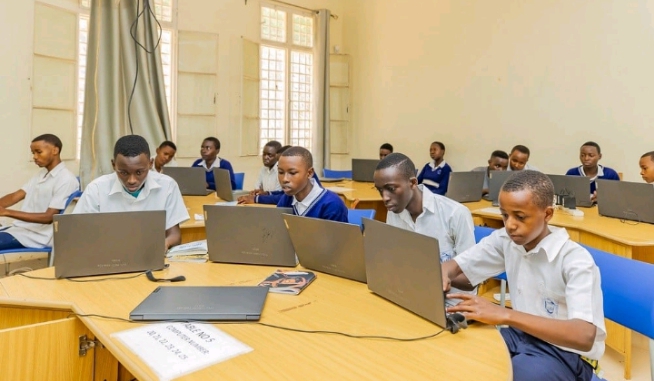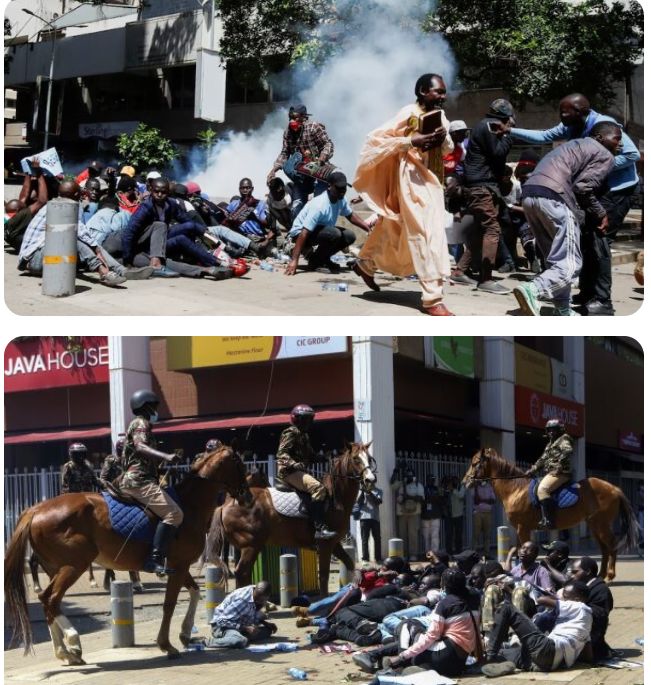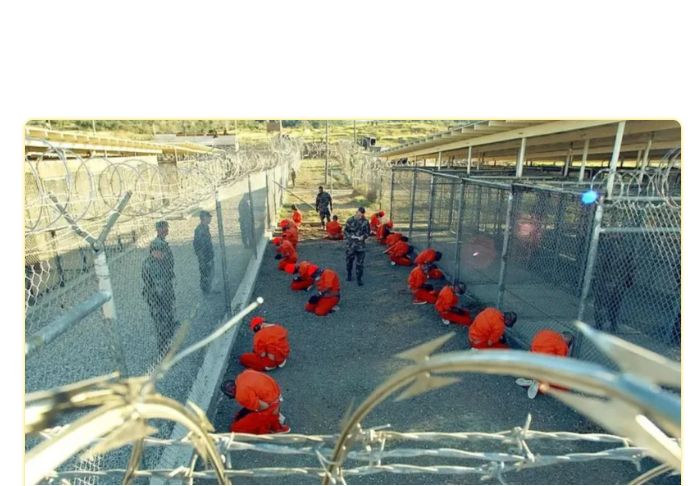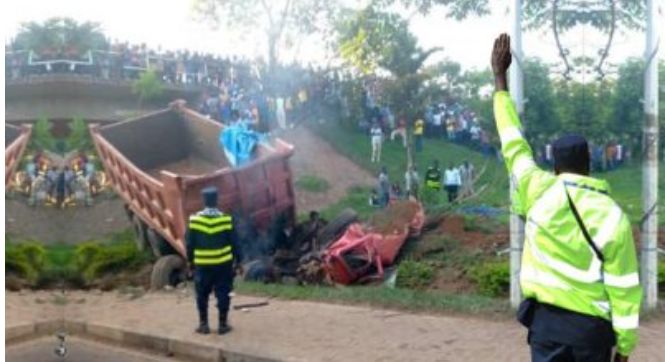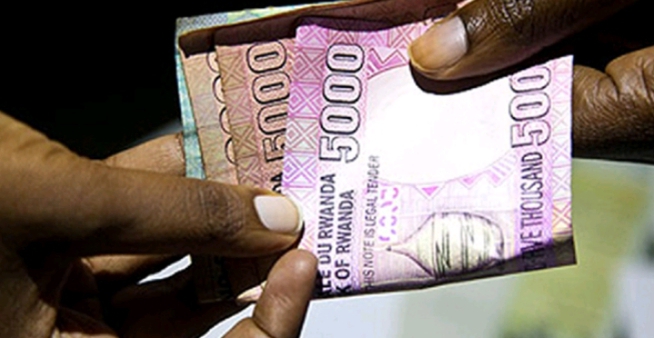
The private sector and enterprises of REG and WASAC are among the most corrupt in 2024, where in the private sector it is at the level of 13%, in REG it is at 7.80%, while in WASAC it is at 7.20%.
These are the results of the 2024 Rwanda Bribery Index [Rwanda Bribery Index: RBI], conducted by the Organization Against Corruption and Injustice, TI-Rwanda, published on December 11, 2024.
This study was conducted using a sampling method, where in each province two districts were selected, one rural and one urban, while in the city of Kigali it was conducted in all districts.
Among the respondents, women are 44.4%, while men are 55.6%, those under 35 are 42.4%, those between 35 and 39 are 19.7%, those between 40 and 44 are 14.6%, while those over 45 are 23.2%.
In general, among the people surveyed, 15.90% said that they were asked for a bribe when they were going to ask for a service, while 2.60% said that they asked for a service, which means that 18.50% of those who have encountered a bribe while asking for a service, from 22% in 2023, while about 81.50% said they had never been asked for a bribe or asked to give it.
Some of the reasons given for people to pay bribes include the desire to speed things up, others said it was the only way to get services, others said it was to avoid meeting with the authorities, while others said they paid bribes. in order to get services they were not allowed, there are those who did not want to pay the full price of the service.
RBI 2024 showed that the private sector has a corruption rate of 13%, REG has a rate of 7.80%, WASAC has a rate of 7.20%, and local government has a rate of 6.40%. %, while among the judges it appeared at the rate of 6%.
In spite of this, there are institutions where there has been a decrease in corruption, such as in the Regulatory Authority, RURA, where corruption went from 13.80% in 2023 to 4.20%, in the Private Sector it went from 15.60% in 2023 it goes to 13%.
Measures that include strengthening technology in many services and punishing those found guilty of activities related to corruption, have been identified as some of the reasons why the rate of corruption has been decreasing year by year.
On the other hand, there are institutions that have seen an increase in the rate of corruption, including REG where corruption went from 5.80% in 2023 to 7.80% in 2024, in WASAC it went from 5.20% in 2023 to 7.20% in 2024 and among judges corruption increased from 5.02% in 2023 to 6% this year.
Among the institutions that have been found to be asking for bribes, it will be seen that receiving bribes at the highest rate is REG at the rate of 6.60%, WASAC at the rate of 5.90%, the Private Sector at the rate of 4.10% and among judges at the rate of 3.50%.
Judges are the ones who receive the most money, with those who were surveyed saying that they paid bribes to judges of about 1,900,000 Frw, including 600,000 Frw paid in order to expedite cases, 500,000 Frw paid to win cases and about 800,000 Frw related to the conclusion of cases .
In total, the amount of bribes paid in 2024 reached 17,041,203 Frw, of which 56% was given to local authorities, especially in terms of obtaining building permits.
Francis Nkwaya, who heads the anti-corruption committee in REG, said that measures have been put in place to prevent corruption in general, but he pointed out that there are still obstacles in not reporting to those who have been exposed to corruption.
He said, “Educating the people should be strengthened, explaining to them their rights, and telling them what they are allowed to do.”
He added that there should be reforms in the beginning of services so that the people who want services can get them properly and on time, and stop being misled because it is the source of corruption, giving a gap to the officials who pretend to be REG employees and steal money from the people.
The director of Transparency International Rwanda, Ingabire Marie Immaculée, said that they appreciate the progress made by the Government of Rwanda in continuing to put efforts in the fight against corruption, as shown by RBI 2024 and other international studies, but she says that there is room for more efforts.
He said, “As this study has shown, there are services that are still corrupt and that are important to the people, such as services related to construction and its documents.”
He added, “All stakeholders should join forces to develop a sustainable and effective integrated anti-corruption strategy.”
Ingabire also said that efforts should be made in campaign activities at all levels, so that people’s attitudes change in a general way, and measures are put in place to strengthen transparency, especially in the provision of jobs.



